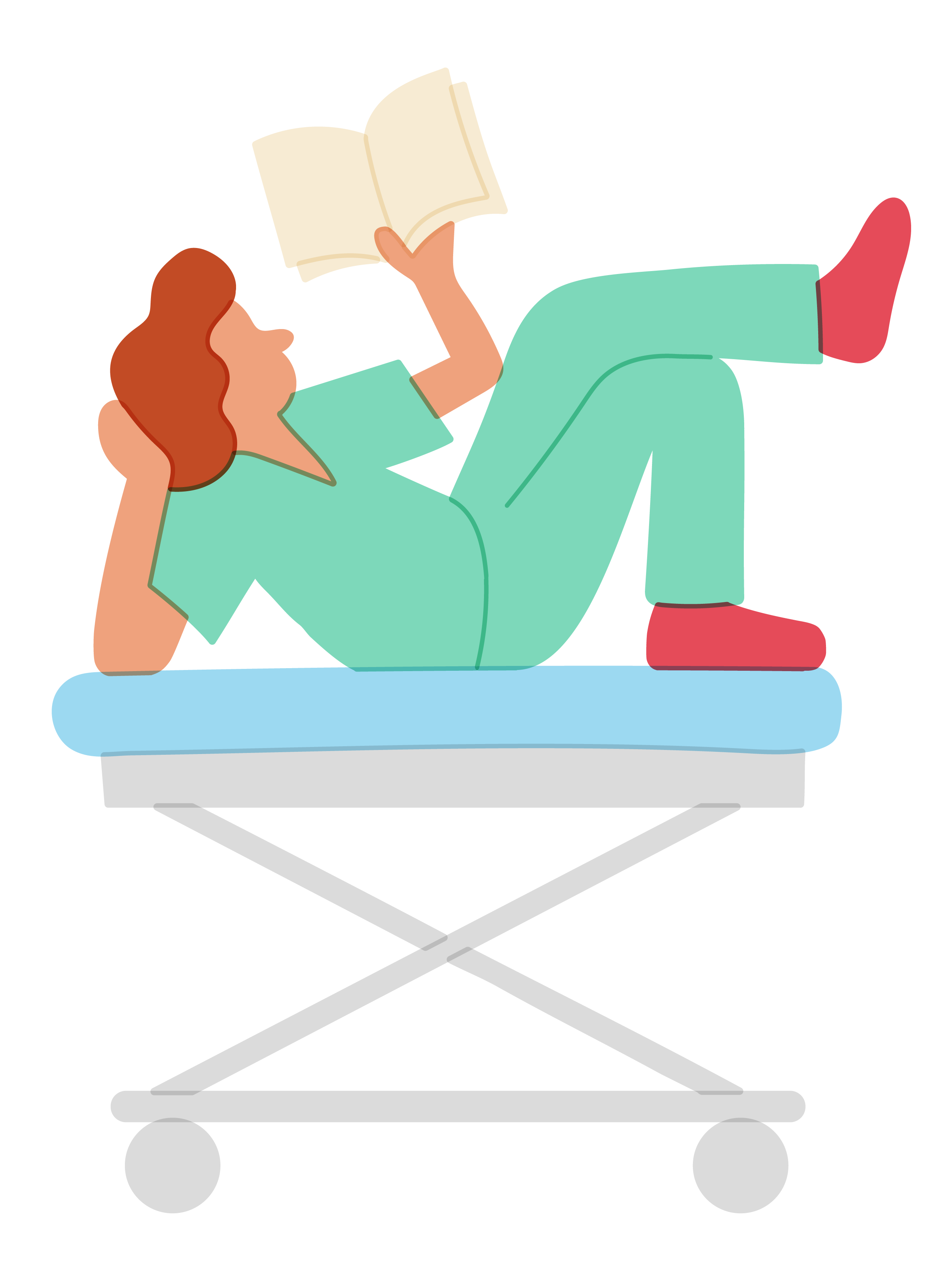As a medical student with an inherent love for science and the workings of the human body, my favorite class in college was one that offered little obvious translation to my current field. “Introduction to Poetry” was an Honors class of approximately 10 students that met twice a week for an hour of intensely cerebral analysis of various poetic works. Amidst a curriculum of Physics, Microbiology, and Chemistry, classes like this provided me a necessary respite and opportunity to exercise a different part of my brain. Even in medical school, I quickly discovered an attachment to the humanities that enhanced my perspective when meeting patients on the wards, having difficult conversations, and reflecting on my own experiences. Here, I hope to offer some ideas on how to incorporate the humanities into a scientific and medical milieu—in an effort to better understand both the human body and condition.
Read
Although the path to medicine often leaves little time to “read for fun,” even a quick nightly routine can present an opportunity to enjoy a non-scientific text. Authors who have written about medicine—Paul Kalanithi (When Breath Becomes Air), Atul Gawande (Being Mortal, Complicated, The Checklist Manifesto), Siddhartha Mukherjee (The Gene, The Emperor of All Maladies), Abraham Verghese (Cutting for Stone, My Own Country)—share inspiring personal experiences of their own pathways to medicine, as well as expansive coverage of scientific topics. (Of course, reading any genre can provide a refreshing change of pace).
Write
It turns out the art of drafting a personal statement is always relevant—even after medical school applications are submitted. The idea of “narrative medicine” empowers a recognition of the stories we hear and share as doctors-to-be; from our patients, our peers, and ourselves. Keep an eye out for formal opportunities to showcase your writing (like the Hektoen Grand Prix essay competition, the Helen H. Glaser Medical Student Essay Award, the William Carlos Williams Poetry competition, to name a few). JAMA has an incredible collection of narrative medicine essays entitled “A Piece of My Mind” for inspiration and ideas. Even just taking time to jot down salient and powerful experiences during your medical school journey can foster a practice of reflection that can additionally provide material for residency applications down the road.
Learn
If you have a passion for the humanities, there are ways to incorporate them more formally into your medical education. Look out for specific medical humanities fellowships, pursue art and foreign language classes if offered, or join a music or dance group on campus. Explore discussions of bioethics and medical history. Prioritize your preferred creative outlets and be deliberate about their incorporation into your schedule. And for readers still in college, embrace the opportunity to take classes outside the realm of pre-medical coursework as you prepare your medical school applications and craft your personal statements. Such diverse knowledge can benefit you just as much as the “hard science” when it comes to connecting with your patients and growing as a future doctor.

Comments